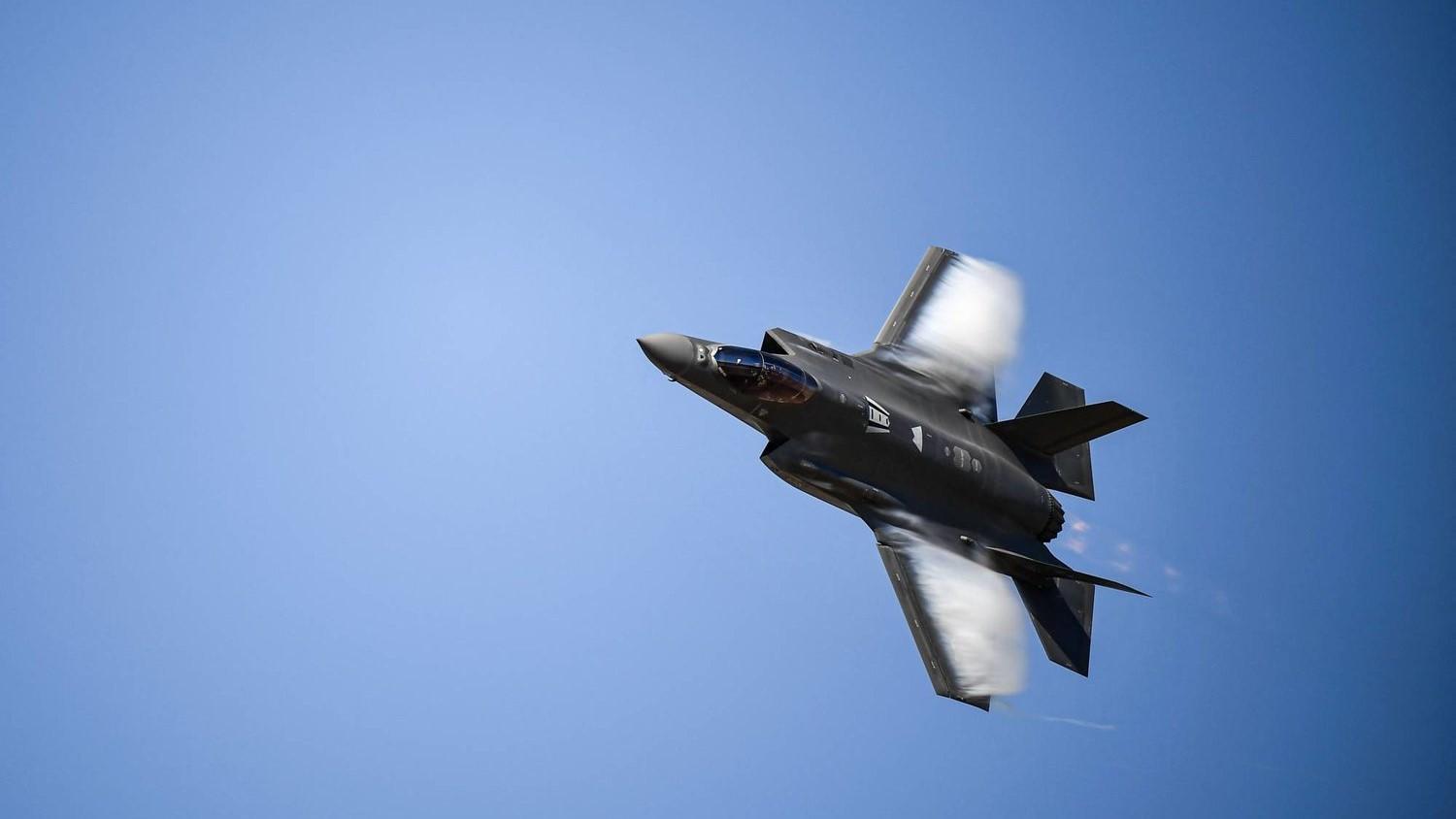The Hague

On June 28, three human rights groups filed a new lawsuit against the Dutch government, alleging that the ban on the supply of F-35 fighter jet parts to Israel is not being respected in practice.
In February, an appeals court handed down a landmark ruling ordering the Netherlands to stop supplying parts for the fighter jets used by Israel in attacks on the Gaza Strip.
The tribunal said at the time that there was a “clear risk” that the aircraft would be involved in violations of international humanitarian law.
But human rights groups argue the ban did not prevent the parts from being put on Israeli aircraft, and are again taking the matter to court.
“Unfortunately, everything indicates that these parts were transported to Israel from the Netherlands via other routes,” said Oxfam Novib, one of the groups involved in the case.
The Dutch government: [parts] “They could be deported to other countries, including the United States, which would be in violation of the court order,” lawyer Liesbeth Zegfeld, representing the human rights groups, told the court.
“The February court order applies to all F-35 parts whose final destination is Israel, and the government must effectively halt all such deliveries,” she argued.
Zegfeld said the government must “actively prevent” the parts from reaching Israel.
Dutch state broadcaster NOS, citing court documents, reported that the Dutch government acknowledged it had failed to stop parts shipped to the United States from eventually being installed in Israeli F-35 fighter jets.
Government lawyer Reimar Feldhuis said the government does not see the need to restrict exports of F-35 parts to countries other than Israel.
He added that because the parts are for production, not repair, it is “highly unlikely” they will actually be used on the F-35s delivered to Israel.
The Dutch government said it would implement the February ruling but announced it would appeal to the Supreme Court.



